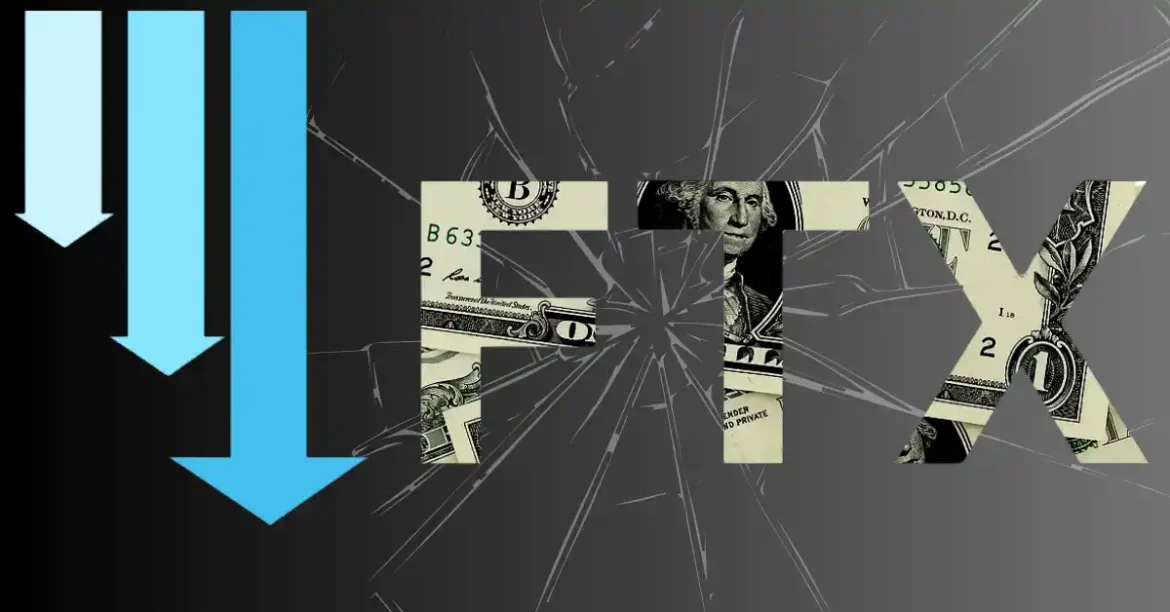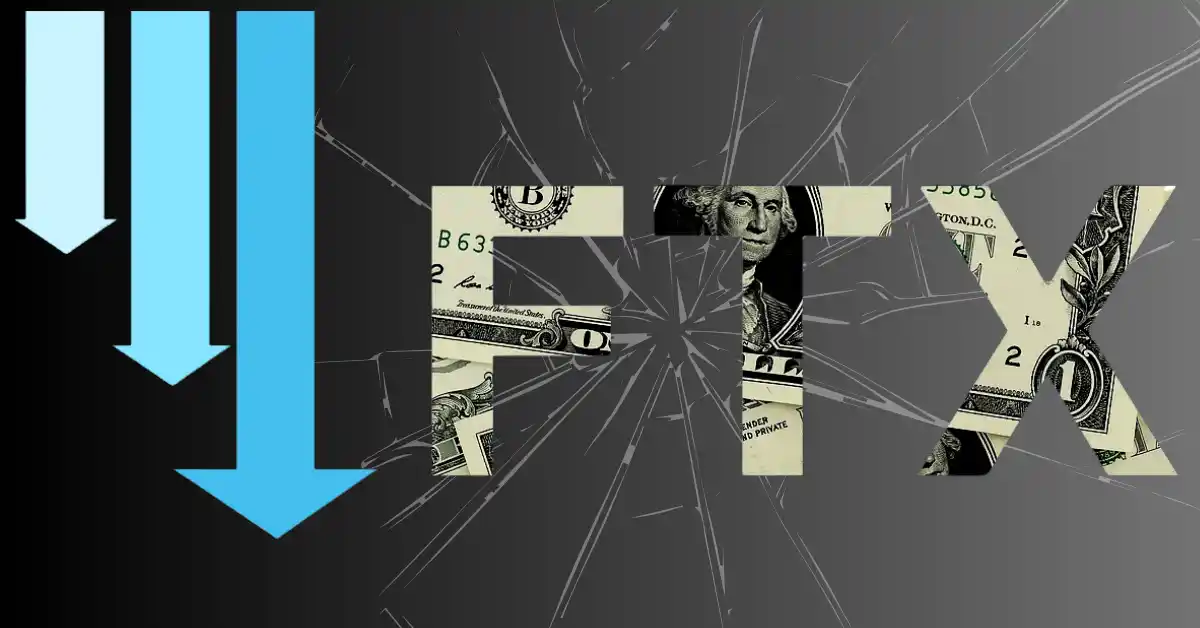The collapse of FTX in November 2022 sent shockwaves through the cryptocurrency world, leaving countless creditors in financial limbo. The exchange’s sudden downfall exposed vulnerabilities in the crypto industry, particularly regarding regulatory oversight and investor protection. As the dust settles, the FTX Recovery Trust has been tasked with the monumental effort of recouping and distributing assets to those affected. However, the path to recovery is far from straightforward, especially for creditors residing in 49 jurisdictions now facing payout restrictions. This report delves into the complexities of these restrictions, examining the reasons behind them, the potential impact on creditors, and the broader implications for the future of cryptocurrency regulation and international finance.
A Global Web of Regulations
The primary reason cited for halting payouts in these 49 jurisdictions is the presence of legal and regulatory restrictions on cryptocurrency activities. These restrictions range from outright bans on crypto trading and ownership to complex regulatory frameworks that make it difficult, if not impossible, for the Trust to distribute funds without running afoul of local laws. Jurisdictions affected include countries like China, Russia, Pakistan, Zimbabwe, Nigeria, Andorra, and Fiji.
China, for example, has implemented a comprehensive ban on cryptocurrency trading and mining. This ban presents a significant hurdle for the FTX Recovery Trust, as distributing funds in cryptocurrency or facilitating the conversion of crypto assets into fiat currency within China could be construed as violating local laws. Similar restrictions exist in other countries, albeit with varying degrees of severity. For instance, Russia has imposed strict regulations on crypto transactions, while Nigeria has banned banks from facilitating crypto trades. These diverse regulatory landscapes create a compliance nightmare for entities like the FTX Recovery Trust, which must navigate a complex web of laws and regulations to ensure that distributions are made in a legally compliant manner.
The legal landscape surrounding cryptocurrencies is constantly evolving, and regulations differ significantly from one jurisdiction to another. This patchwork of regulations creates a compliance nightmare for entities like the FTX Recovery Trust, which must navigate a complex web of laws and regulations to ensure that distributions are made in a legally compliant manner. The Trust must also consider the potential for future regulatory changes, which could further complicate the recovery process.
The China Factor: A Dominant Force
It’s been reported that a significant portion of the affected claims, as much as 82%, originate from Chinese users. This concentration of claims from a single restricted jurisdiction further complicates the recovery process. The Chinese government’s stringent stance on cryptocurrencies means that the FTX Recovery Trust must tread carefully to avoid running afoul of Chinese law.
The high percentage of Chinese creditors also underscores the global reach of FTX and the extent to which the exchange had penetrated the Chinese market before the government’s crackdown on cryptocurrencies. This highlights the challenges faced by international businesses operating in countries with rapidly changing regulatory landscapes. The FTX case serves as a stark reminder of the risks associated with operating in jurisdictions with uncertain regulatory environments.
Moreover, the concentration of claims from China raises questions about the effectiveness of FTX’s compliance measures. Despite China’s ban on cryptocurrency trading, FTX managed to attract a significant number of Chinese users. This suggests that the exchange may have been operating in a legally gray area, which could have contributed to its eventual downfall. The FTX Recovery Trust must now grapple with the consequences of these compliance failures, which could further delay the recovery process.
A Hold-and-Review Framework: The Path Forward?
The FTX Recovery Trust has proposed a “hold-and-review” framework to address the challenges posed by these restricted jurisdictions. Under this framework, payouts to creditors in the affected jurisdictions will be temporarily suspended while the Trust works with external legal counsel to review each case individually. This review will assess whether a payout would violate local laws or regulations.
If legal counsel determines that a payout is permissible, the Trust will proceed with the distribution. However, if there are legal concerns, the payout will remain on hold until the issues can be resolved. Creditors will have a 45-day window to raise objections. This case-by-case approach represents a pragmatic attempt to balance the need to comply with local laws with the Trust’s obligation to distribute assets to creditors. However, it also introduces uncertainty and potential delays for creditors in the affected jurisdictions.
The “hold-and-review” framework is a necessary step to ensure compliance with local laws, but it also highlights the challenges of operating in a globalized financial system with disparate regulatory environments. The Trust must navigate these complexities while also managing the expectations of creditors, who may be eager to receive their payouts as soon as possible. The framework also underscores the need for greater regulatory harmonization, which could simplify the recovery process in the future.
KYC and Distribution Hurdles
Beyond the legal restrictions, creditors must also navigate a series of administrative hurdles to receive their payouts. These include completing Know Your Customer (KYC) verification, submitting tax documentation, and onboarding with a designated distribution partner, such as BitGo or Kraken.
KYC verification is a standard anti-money laundering (AML) procedure that requires creditors to provide documentation to verify their identity and source of funds. This process can be time-consuming and cumbersome, especially for creditors who may not have easy access to the required documentation. For example, creditors in countries with limited infrastructure or those who lack proper identification documents may struggle to complete the KYC process. This could result in delays or even the loss of eligibility for payouts.
Tax documentation is also essential, as payouts may be subject to taxation in the creditor’s jurisdiction. Creditors are responsible for understanding and complying with their local tax laws. The process may also require creditors to submit a W-8 BEN tax form, which can be complex and confusing for those unfamiliar with tax regulations. The requirement to onboard with a designated distribution partner adds another layer of complexity. While BitGo and Kraken are reputable cryptocurrency platforms, they may not be available in all jurisdictions, or creditors may have reasons for preferring to use a different platform. Moreover, regional restrictions may apply.
Failure to meet these requirements can result in delays or even the loss of eligibility for payouts. It is crucial for creditors to carefully review and comply with all instructions provided by the FTX Recovery Trust and its distribution partners. The Trust must also provide clear guidance and support to creditors to help them navigate these administrative hurdles.
The Spectre of Clawback: A Looming Threat
In bankruptcy proceedings, the concept of “clawback” refers to the recovery of funds that were previously transferred to creditors or other parties. This can occur if the transfers are deemed to be fraudulent or preferential. The possibility of clawback adds another layer of uncertainty to the FTX recovery process.
While the FTX Recovery Trust has not explicitly stated that it will pursue clawback actions against creditors in restricted jurisdictions, the possibility cannot be ruled out. If a payout is deemed to be illegal or improper under local laws, the Trust may be compelled to seek the return of those funds. This could result in significant financial losses for creditors, who may have already spent or invested the funds they received.
Creditors should be aware of the potential for clawback and consult with legal counsel if they have concerns. It is essential to document all transactions and communications with FTX and the FTX Recovery Trust in case a clawback action is initiated. The Trust must also provide clear communication regarding the potential for clawback and the steps creditors can take to protect themselves.
Impact on Creditors: A Waiting Game
The restrictions on payouts to creditors in 49 jurisdictions have a significant impact on those affected. The delays and uncertainties surrounding the recovery process can cause financial hardship and emotional distress.
Creditors may be forced to wait months, or even years, to receive their payouts. In the meantime, they may be unable to access the funds they need to cover expenses or invest in other opportunities. The lack of clarity surrounding the recovery process can also create anxiety and uncertainty. Creditors may not know when they will receive their payouts, how much they will receive, or whether they will be subject to clawback actions.
It is essential for the FTX Recovery Trust to communicate clearly and transparently with creditors in the affected jurisdictions. Providing regular updates on the progress of the recovery process and addressing creditors’ concerns can help to alleviate anxiety and build trust. The Trust must also consider the financial and emotional toll on creditors and provide support and resources to help them navigate the recovery process.
Looking Ahead: Lessons Learned
The FTX debacle and the subsequent challenges faced by the FTX Recovery Trust highlight the need for greater regulatory clarity and international cooperation in the cryptocurrency space.
Governments around the world need to develop clear and consistent regulations for cryptocurrencies. These regulations should address issues such as consumer protection, anti-money laundering, and financial stability. International cooperation is also essential. Countries need to work together to harmonize regulations and share information to prevent cross-border fraud and illicit activities.
The FTX case also underscores the importance of due diligence and risk management in the cryptocurrency industry. Investors should carefully research cryptocurrency exchanges and projects before investing their money. Exchanges should implement robust security measures and internal controls to protect customer funds. The crypto industry must also prioritize transparency and accountability to rebuild trust among investors and regulators.
Conclusion
The FTX Recovery Trust faces a daunting task in distributing assets to creditors, particularly those in the 49 restricted jurisdictions. The legal and regulatory complexities, combined with administrative hurdles and the threat of clawback, create a challenging environment for recovery. While the “hold-and-review” framework represents a pragmatic approach, it also introduces uncertainty and potential delays. Creditors in the affected jurisdictions must be patient and diligent in complying with all requirements.
The FTX case serves as a stark reminder of the risks associated with cryptocurrencies and the need for greater regulatory oversight. As the industry matures, it is essential to learn from past mistakes and build a more robust and transparent ecosystem. While the road to recovery may be long and arduous, a commitment to transparency, cooperation, and regulatory clarity can help to restore trust in the cryptocurrency space and protect investors in the future. The FTX debacle highlights the importance of vigilance, due diligence, and regulatory compliance in the rapidly evolving world of cryptocurrency.





